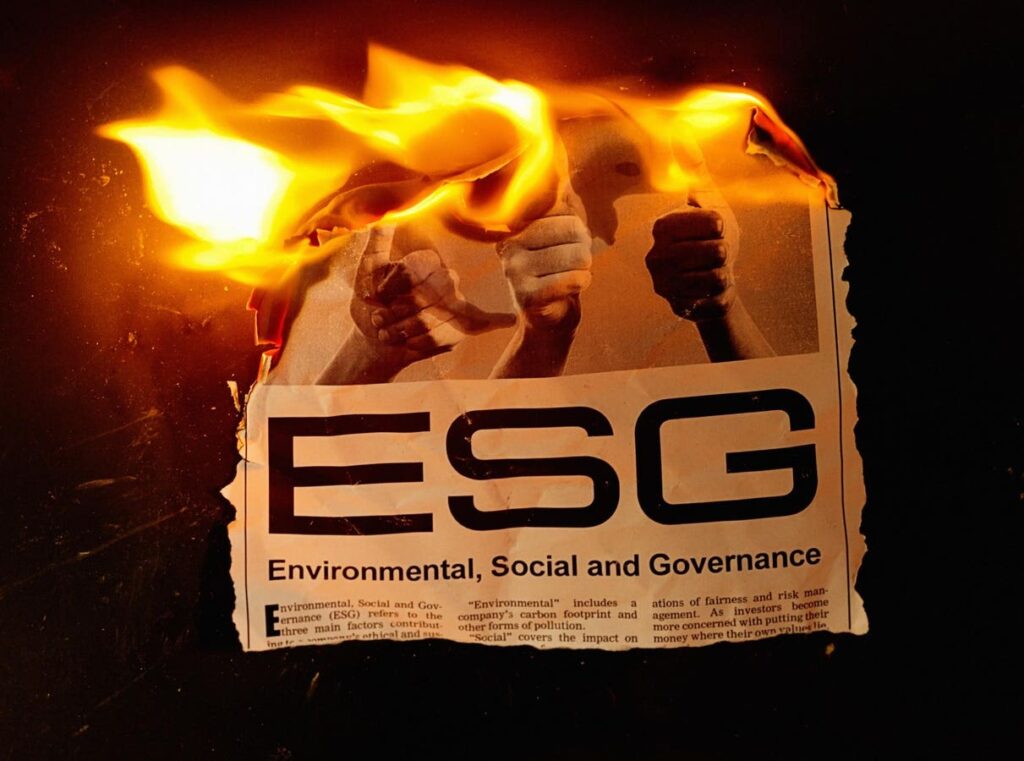The Trump administration has taken sharp aim at curtailing two types of programs: diversity, equity, and inclusion, as well as environment, social, and governance. However, a new survey by Edelman Smithfield, a PR firm specializing in financial markets, found that important investors in the U.S. and the rest of the world are showing growing support for both.
Serious Financial Business
Many people might be wary of studies undertaken by a PR firm for good reason. Such a company’s purpose is typically to support and promote its clients’ interests. However, as the clients are broadly financial firms, many of which are in asset management, banking, private equity, insurance, and venture capital, a good number of their clientele are regularly responsible for investments, whether their own or their customers’. Communication about the importance of DEI and ESG would make no sense if investors weren’t interested in promoting such ideas.
The presumption in this case is that the firm is delivering a message its clients want to see permeate. There were 400 respondents equally distributed across Australia, Bahrain, Canada, Egypt, France, Germany, Hong Kong, India, Japan, Kuwait, Oman, Saudi Arabia, Singapore, UAE, U.S., and the U.K. There are many countries not represented, including some with significant invested wealth — China, Qatar, Turkey, Norway, Hong Kong, and others. But business information is rarely perfect.
Who The Investors Are And What’s Important To Them
The breakout in terms of investor type is 22% family office (a form of private wealth), 21% pension funds, 14% sovereign wealth funds, 12% high net worth individuals or wealth managers for such individuals, 13% insurers, 9% foundations, and 9% endowments. They are considered limited partners because they invest in companies and funds, typically taking minority shares as someone else provides management.
When deciding on which funds to invest in, here are the six most important factors other than financial returns:
- Positive public perception of the CEO (41%)
- High-quality leadership team (40%)
- Good reputation in the market (35%)
- Healthy corporate culture (32%)
- Diversity of senior management, part of DEI (30%)
- Strong ESG program (28%)
Of the limited partners interviewed, 50% say that their ESG and DEI expectations increased since last year while 43% say their expectations remained stable and are “still important factors in GP evaluation.” Also, although there is a “shifting regulatory landscape” in the U.S., 58% of LPs here say their ESG and DEI expectations increased.
A Stealth Investment Strategy
There is a difference in how they want companies to communicate about DEI and ESG activities. Most want to hear through general partners’ communications and not standalone reporting. About 27% want it “reflected subtly through case studies, leadership behavior, or cultural signals — without using explicit ESG/DEI language.” Another 27% want it “framed through a financial/material lens (e.g., risks, returns, value creation).” And 25% want it “integrated into overall firm and portfolio updates.” They also find ESG and DEI progress updates to be one of the most valuable aspects of annual general meetings.
Such investors won’t be interested in DEI and ESG as showpieces to feel better about themselves. These are hardcore, disciplined investors who don’t have time for games. They have to produce solid returns, and they will make their interests known to their investments.
The path they seem to be taking is one where the language of DEI and ESG may be softened or disguised to avoid protests or conflict, but where they seek the results. That may explain why many companies seem to be dropping explicit discussions of either framework. The ones in the U.S. are trying to avoid attracting attention from the White House while satisfying the investors, who are ultimately more important to them.
Read the full article here


